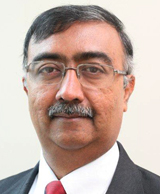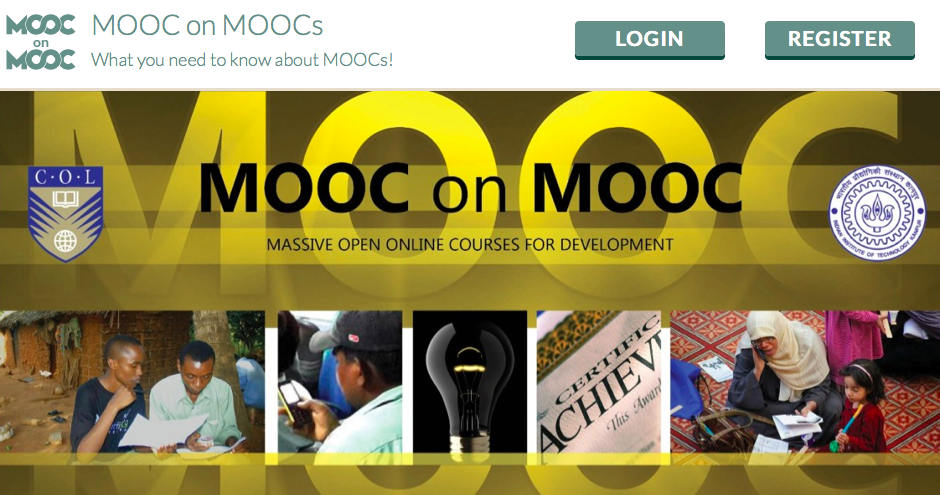A Scuola di OpenCoesione: Using Open Data in schools for the development of civic awareness
guestauthor - March 15, 2016 in data, featured, guestpost, mooc, OEP, oer, Open Educational Resources
A Scuola di OpenCoesione ( ASOC), from Italian, translates as Open Cohesion School. It can be understood as an educational challenge and a MOOC (Massive Online Open Course) designed for students in Italian secondary schools. ASOC was launched in 2013 within the open government strategy on cohesion policy carried out by the National Government, in partnership with the Ministry of Education and the Representation Office of the European Commission in Italy; it is also supported by the European Commission’s network of “Europe Direct” Information Centres.
The third edition of ASOC was launched in November 2015. While you are reading this post, about 2800 students and 200 teachers are involved in a collective learning experience focused on civic monitoring of public funding through open data analysis, and also by visiting sites and conducting “data journalist” research.
The main objectives of ASOC are to engage participating schools in actively promoting the use and reuse of open data for the development of civic awareness and engagement with local communities in monitoring the effectiveness of public investment.
The participating students and teachers design their research using data from the 900,000 projects hosted on the national OpenCoesione portal in which everyone can find transparent information regarding the investment in projects funded by Cohesion Policies in Italy. The portal provides data including detailed information on the amount of funding, policy objectives, locations, involved subjects and completion times: so schools can select the data they want to use in their research, which can be related to their region or city.
ASOC’s Teaching and learning programme
The teaching and learning programme is designed in six main sessions. The first four sessions aim at developing innovative and interdisciplinary skills such as digital literacies and data analysis to support students to assess and critically understand the use of public money.
Students learn through a highly interactive process using policy analysis techniques, such as tackling policy rationales for interventions, as well as understanding results and performance. This process employs “civic” monitoring to work on real cases using data journalism and storytelling techniques.
During the fifth session, and based on their research projects on the information acquired, the students carry out on-site visits to the public works or services in their region or city which are financed by EU and national funds, and also they interview the key stakeholders involved in the projects’ implementation, the beneficiaries and other actors.
Finally, the sixth session is a final event where students meet with their local communities and with policy-makers to discuss their findings, with the ultimate goal to keep the administrators accountable and responsible for their decisions. Here you can find all the video sessions and exercises: http://www.ascuoladiopencoesione.it/lezioni/.
The teaching method combines asynchronous and synchronous learning. The asynchronous model is designed following a typical MOOC (Massive Online Open Courses) style where participants learn through a series of activities. Teachers are trained by the central ASOC team through a series of webinars. The synchronous in-class sessions share a common structure: each class starts with one or more videos from the MOOC, followed by a group exercise where the participants get involved in teacher-led classroom activities. These activities are organised around the development of the research projects and reproduce a flipped classroom setting.
In between lessons, students work independently to prepare data analysis reports and original final projects. Also, in order to have an impact on local communities and institutions, the students are actively supported by local associations that contribute with specific expertise in the field of open data or on specific topics such as environmental issues, anti-mafia activities, local transportation, etc. Furthermore, the European Commission’s network of information centres “Europe Direct” (EDIC), is involved supporting the activities and disseminating the results. On ASOC’s website there is a blog dedicated to sharing and disseminating the students’ activities on social networks (see here ASOC in numbers).
ASOC’s pedagogical methodology is centred on specific goals, well-defined roles and decision-making. This has allowed students to independently manage every aspect of their project activities, from the choice of research methods to how to disseminate the results. On the other hand, the teachers are also involved in an intensive community experience that allows them to learn not only from their own students, but also from the local community and from their fellow teaching peers involved in the project.
Ultimately, this takes the form of a collective civic adventure that improves the capacity to form effective social bonds and horizontal ties among the different stakeholders, actors of the local communities. In fact, detailed Open Data on specific public projects has enable new forms of analysis and storytelling focused on real cases developed in the students’ neighbourhoods. This, in turn, has the key goal of involving the policy-makers in a shared, participatory learning process, to improve both policy accountability and the capacity to respond to local needs.
Finally, ASOC’s key element is that the pedagogical methodology we have developed can be used as a learning pathway that can be adapted to different realities (e.g. different policy domains, from national to local, in different sectors) using different types of open data with comparable level of detail and granularity (e.g. detailed local budget data, performance data, research data, or any other type of data).
If you are interested in learning more from ASOC’s experience, you can read a case study which includes the results of the 2014-2015 edition on Ciociola, C., & Reggi, L. (2015). A Scuola di OpenCoesione: From Open Data to Civic Engagement. In J. Atenas & L. Havemann (Eds.), Open Data As Open Educational Resources: Case Studies of Emerging Practice.
You can also watch ASOC’s documentary video of the 2014-2015 edition here: https://vimeo.com/138955671
—
About the author
Chiara Ciociola Is the community manager of the project A Scuola di OpenCoesione at the Department for Cohesion Policies, Italian Presidency of the Council of Ministers. She holds a BA in Political Science, with a focus on New Media and Journalism at University of Florence and a MA in Digital Storytelling at University of Turin. In 2013 she founded Monithon Italia, a civil society initiative for citizen monitoring of EU-funded projects. Since 2011 she is a contributor of Neural magazine, a critical digital culture and new media arts magazine.
**Part of this article was originally published in the Open Education Europe blog as “OpenCoesione School” – An example of scalable learning format using OpenData as Educational Resources. We thank Maria Perifanou for sharing this post with us**.
 Open Education Working Group
Open Education Working Group 









